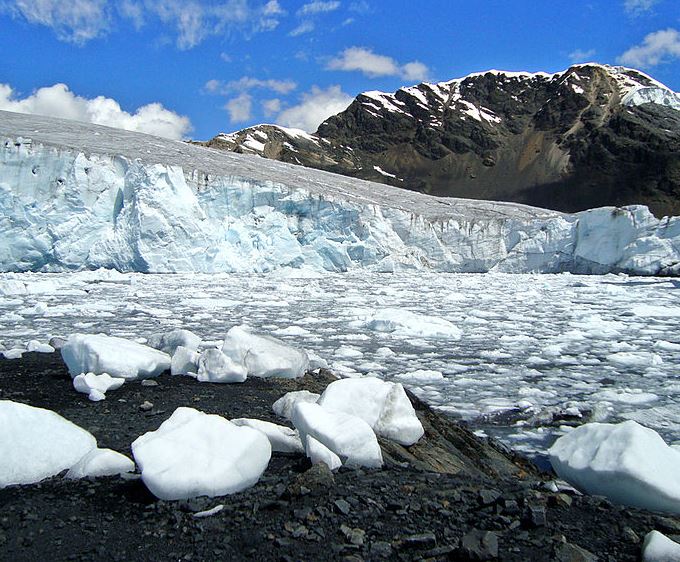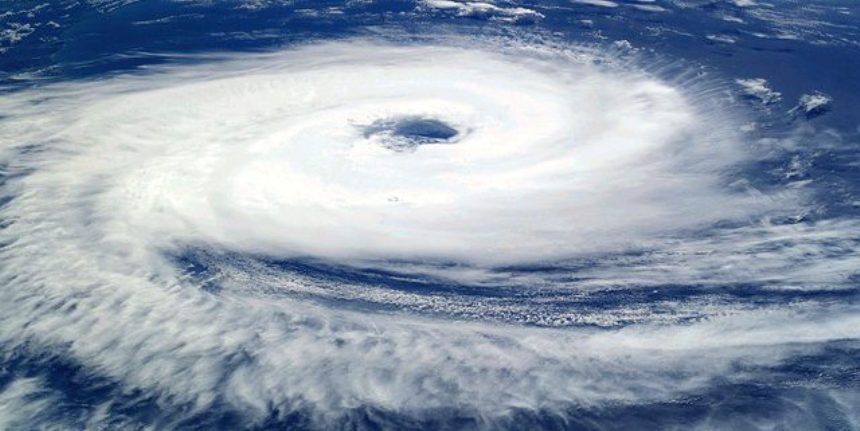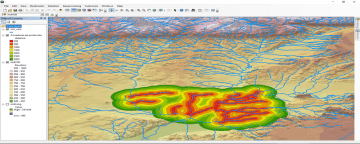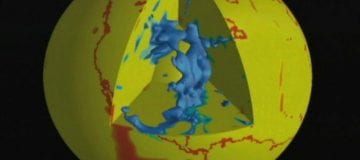When we talk about climate change, sometimes referred to as global warming although it is not the same, we are talking about a significant and lasting change in weather patterns over long periods of time (ranging from decades to millions of years). These changes to the weather are not of a specific kind, but are caused by various factors.
When we talk about global warming, however, we are talking about a constant rise in the average temperature of the Earth. But do you know what causes climate change? In this post we will tell you a bit more about what is causing and accelerating a global change in the weather and ecosystems.
What are the causes of climate change?
Before answering this question, it is important to understand that the Earth’s temperatures are suitable for life due to what is known as the greenhouse effect. The greenhouse effect occurs when solar radiation reaches the Earth’s atmosphere; one part of it is reflected back and the other part reaches the Earth, warming it. When the heat is radiated back it is absorbed by greenhouse gases, achieving an average temperature of 15 degrees centigrade. If this did not happen, the Earth would have an average temperature of around 19 degrees below zero.
Related: Environmental Science courses
However, the increase in the amount of greenhouse gases results in the Earth retaining more heat and this affects the average global temperature, which has various repercussions; desertification of arid areas or the melting of the polar ice caps, for example.
But, why has the amount of greenhouse gases increased? Due to human activity that increases the burning of fossil fuels (for example, coal) by cars, industry (meat or any other industry) and to generate electricity. These activities release greenhouse gases.
We can list some of these gases:
- CO2 or carbon dioxide (fossil fuels, cars, factories, etc.).
- Methane (rubbish tips, agriculture, livestock excrement).
- Nitrous oxide (fertilisers and coolants).
The excessive amount of these gasses combined with deforestation, which reduces the number of trees (remember that tree masses like woods and forests absorb CO2), accelerates climate change.
Causes of global warming
Global warming is the rise in temperature around the world and in the atmosphere and oceans caused by external agents that are increasingly present in our everyday life. The main agents that cause global warming are greenhouse gasses, and although the impact of CO2 or carbon dioxide in the atmosphere is widely discussed, one molecule of methane produces 20 times more heat mass than one molecule of CO2. In the case of one molecule of nitrous oxide, this figure increases 300-fold compared to the heat produced by one molecule of carbon dioxide. However, this gas’ reputation as one of the causes of global warming is not misplaced, as the concentrations of the other gases are much lower on our planet; no other gas causes a temperature rise in the atmosphere comparable to that caused by carbon dioxide.
Causes of climate change
Greenhouse gases are one of the main causes of climate change on Earth but there are many others not related to them or to human activity. Some of these causes that contribute to climate change are:
- The tilt of the Earth. Our planet’s axis is tilted 23.5º from the plane of its orbit around the sun but this axis moves a little over half a degree every one hundred years, so it is also one of the causes of climate change that generates temperature rises.
- Ocean currents. Over two-thirds of the Earth’s surface is covered by bodies of water, one of the roles of which is to absorb a large part of the solar radiation. Ocean currents can alter this equilibrium, as happens in the Pacific Ocean in particular with the Humboldt Current, thereby contributing to climate change.
Consequences of climate change

After explaining the causes of climate change, we can now look at its effects. Some as them, such as the proliferation of hurricanes, are already being felt.
- Sea levels will rise and this will affect coastal towns, i.e., millions of people. This increase is also related to the melting of polar glaciers and ice caps.
- Places where it usually rains or snows will no longer have this characteristic.
- Lakes and rivers will dry up.
- There will be less water for agriculture, food production and other forms of human consumption.
- Similarly, arid areas will undergo desertification.
- Flora and fauna will feel the effects and many species will go extinct.
- Mass migrations of people who live in the areas most affected by climate change.
- Hurricanes, tornadoes, flooding, storms and other weather-related disasters causes by changes in temperature and water evaporation will be more widespread. This has already been seen in the last year with three hurricanes reaching the Caribbean and a hurricane affecting parts of Europe (Galicia, Ireland).
Source: European Commission






Thanks for the good listing of the consequences of climate change. I only would like to emphasize the point referring the extinction of species. As a geologists I have studied one of the mass extinctions of the Earth History, that one that happened in the Early Jurassic times, about 130 Million years ago, which coincided and was produced by a warming period. This warming was in the order of 6ºC rise in the average temperature of the ocean, and consequences largely affected the biota. The breachipods completely disappeared, about 80% of the ostracods species were extinct, a considerable number of species of foraminifera also disappear and even some species of nannoplankton were affected by warming. These changes not only strongly affected the biodiversity, but also to the breaking of the food chain. Humans were not present at that time, but if current warming continues, one of the consequences that humans will suffer is the extinctions of many species and the ecological equilibrium will be damaged. .One of the big differences is that the Early Jurassic warming developed in hundreds of thousand years, while present warming is increasing in years